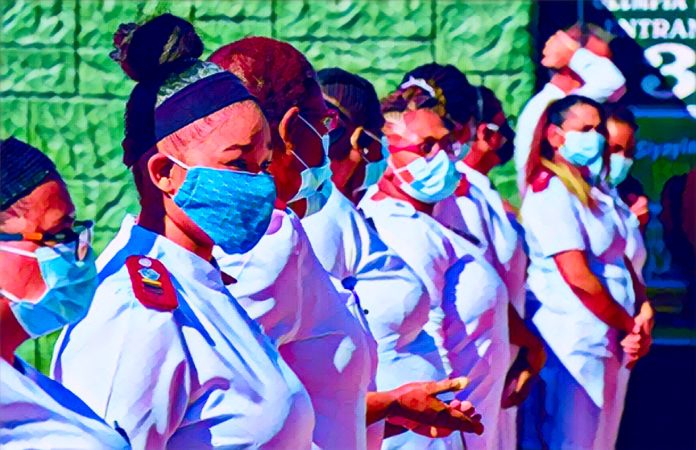Key Points
-
Forty-two percent of African nurses plan to leave the continent.
-
Nurse shortages threaten health access across Africa.
-
WHO urges governments to invest in nursing systems urgently.
As the world marks International Nurses Day 2025, the World Health Organization (WHO) has issued a dire warning: 42 percent of nurses in Africa intend to leave the continent.
This growing African nurse migration crisis could devastate already strained health systems across the region.
Chikwe Ihekweazu, acting WHO Regional Director for Africa, stressed that nurses are central to Africa’s healthcare systems.
Yet, many feel pushed to seek better pay, safer workplaces, and career advancement abroad.
“Nurses are leaving in droves, and we are not replacing them fast enough,” Ihekweazu said. “This will drastically affect access to care and health equity.”
Shortages pose serious threat to healthcare access in Africa
Africa faces a critical health workforce shortage. Despite nearly doubling its nursing workforce from 900,000 in 2018 to 1.7 million in 2023, the continent still has only 14.1 nurses per 100,000 people, one of the lowest ratios globally.
According to the WHO’s 2025 State of the World’s Nursing Report, nurses make up 66 percent of Africa’s projected 6.1 million health worker shortfall by 2030. The African nurse migration crisis is accelerating that gap.
In Nigeria, more than 15,000 nurses received foreign work verifications between 2021 and 2023. Across Africa, nearly 80 percent of nurses serve just 49 percent of the world’s population, underscoring the imbalance.
WHO urges urgent investment to reverse migration crisis
WHO is calling for immediate action. The agency advises governments to focus on five areas: expand education, strengthen regulation, create advanced practice roles, raise pay, and invest in leadership and mental health support.
The gender dimension is also stark—85 percent of nurses are women, yet they face a 7 percent pay gap and minimal leadership representation.
Ihekweazu noted that 43 percent of Africa’s nurses are under 35 but lack mentorship and clear career paths, making them more likely to leave.
Zimbabwe has taken the lead by committing $166 million annually for three years to strengthen its health workforce through the Africa Health Workforce Investment Charter adopted in 2024. WHO urges other African countries to follow suit before more nurses leave.



